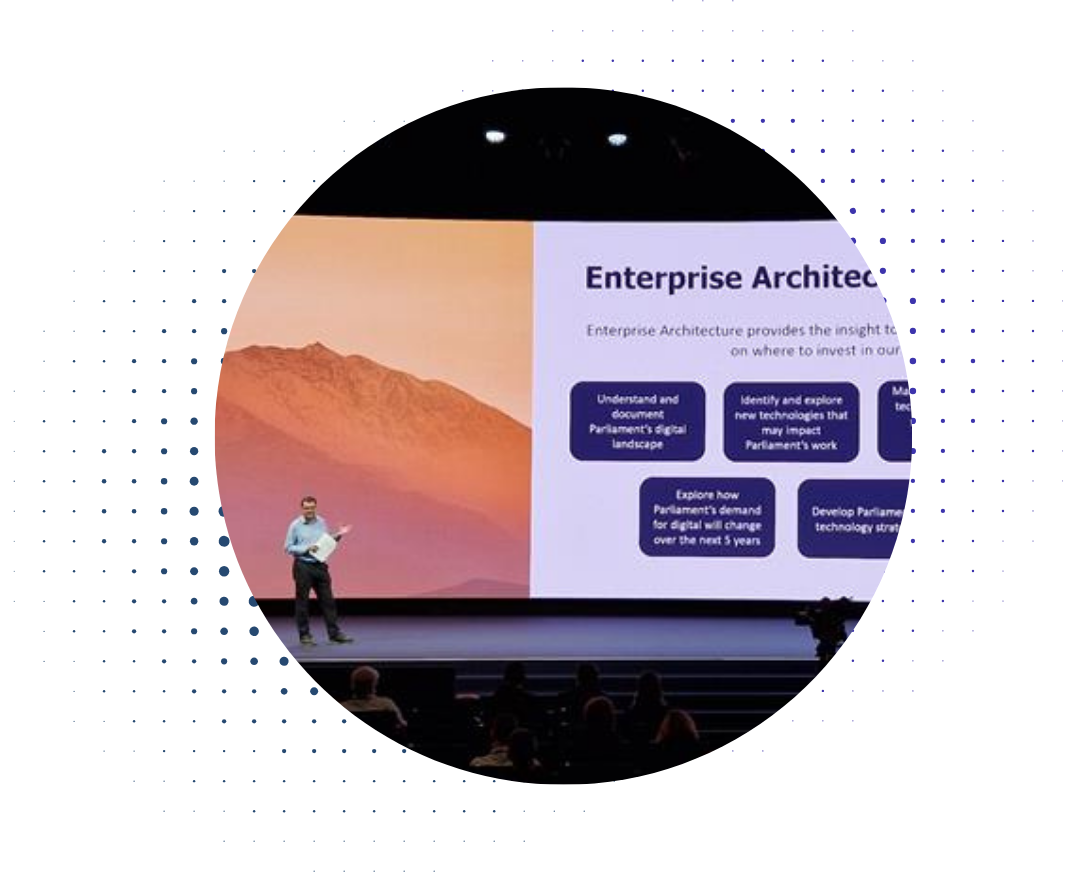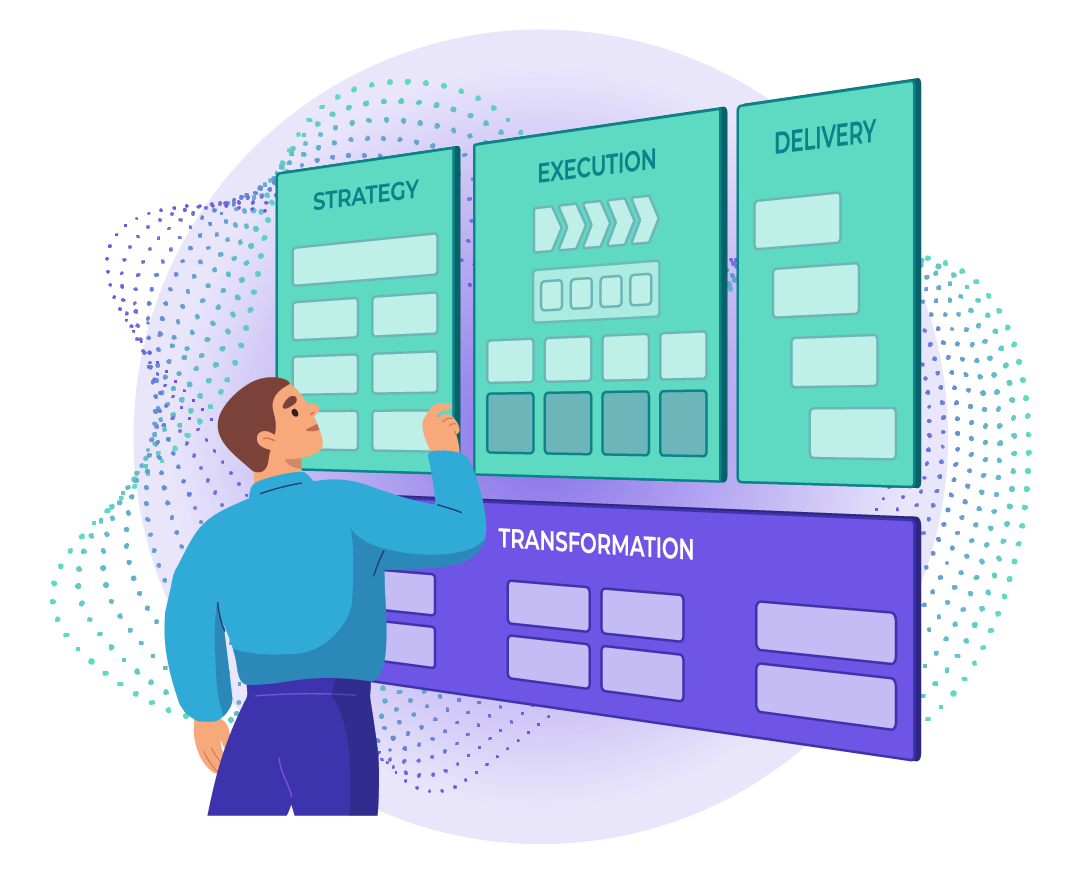We can draw a natural assertion that it is imperative for each process to be creating value for the organization in the present, as well as and continuously improving to ensure value is generated on a sustainable basis over the life of the business.
To deliver said value, a process must be capable of achieving its goals and objectives effectively and efficiently, whilst optimizing resources and mitigating risks. It sounds simple enough, but not all processes are created equal, and not all processes are capable.
Valuable Processes with COBIT 5
Would you buy a car that didn’t work, if the objective was to get from point A to B? Obviously not; you would have to pay money (incur cost) and it wouldn’t help you to get anywhere (no value). In other words, the expenditure outweighs the benefits. Step into the enterprise, and ask yourself the same question: Would you ‘buy’ a business process that costs you more than the benefits it delivers? Again, certainly not wittingly.
Why then, when one lifts the lid on enterprises, do so many business and IT processes cost more to operate than the outputs they produce? The most common answer… “Because we have always done it that way”. Whether the process is of value or not never enters the equation.
My response is simple, the enterprise governance and management in said organization is probably lacking. Why? If appropriate enterprise governance and management was in effect, the organization would have assessed the process and realized that it wasn’t creating value.
Enterprises contain a collection of business processes. Core processes are designed to deliver products or services. Support services assist with this delivery and include activities like HR and Finance. In generations past, IT departments and their processes would have fallen under the banner of support services. But come the 21st Century, and IT is at the core of the business, an enabler entrenched in processes across the organization, which plays a vital strategic role in the company’s direction. Indeed, the adage often attributed to Microsoft CEO, Satya Nadella, “every business is a software business” has been repeated so much it has become old hat.
Clearly then, business and IT processes are strategically entwined. The success and longevity of the business is dependent on both. But how do we measure success of an Enterprise? 25 years ago when I was studying accounting, I would have blurted out, ‘profit’ and backed my answer up with a stream of literary references. Today, although still using only one word, I would unequivocally and confidently reply, ‘value’. Sustained value creation should be the overarching long-term goal of every enterprise and in turn its measure of success.
Value Creation and COBIT 5
COBIT 5 reiterates that value creation is the primary governance objective for an organization. We can draw a natural assertion that it is imperative for each process to be creating value for the organization in the present, as well as and continuously improving to ensure value is generated on a sustainable basis over the life of the business.
To deliver said value, a process must be capable of achieving its goals and objectives effectively and efficiently, whilst optimizing resources and mitigating risks. It sounds simple enough, but not all processes are created equal, and not all processes are capable.
Determining IT process capabilities can appear daunting, but it needn’t be. COBIT 5 is a single integrated framework, that not only provides for the governance and management of your Enterprise IT, but which includes a comprehensive and practical Process Capability Model (PCM). The COBIT 5 PCM is designed for both process assessment and improvement, providing the means to measure all processes, and identify new opportunities. PCM provides capability levels from 0 through to 5, at which stage the value created increases incrementally until it is in a perpetual cycle of continuous improvement to provide for sustainable value creation on an infinite basis.
Understanding whether your IT processes contribute to the enterprise’s long term goal of value creation is essential and critical to the success of the business. With COBIT 5 it is possible to position value creation as a governance objective and put in place the requisite processes to deliver it. A single integrated framework, it can help deliver enterprise IT governance and management process in operation and create the requisite value today, tomorrow and every subsequent day. COBIT 5 also lends itself to new ideas, “Valuable Processes” and even ‘Value Orientated Architecture’, where governance, management and value come together.
By beginning with effective processes assessment, any organization can begin to address its value creation. The COBIT 5 Process Capability Model can underpin and ignite this initiative.




.png)


